Staying Fit

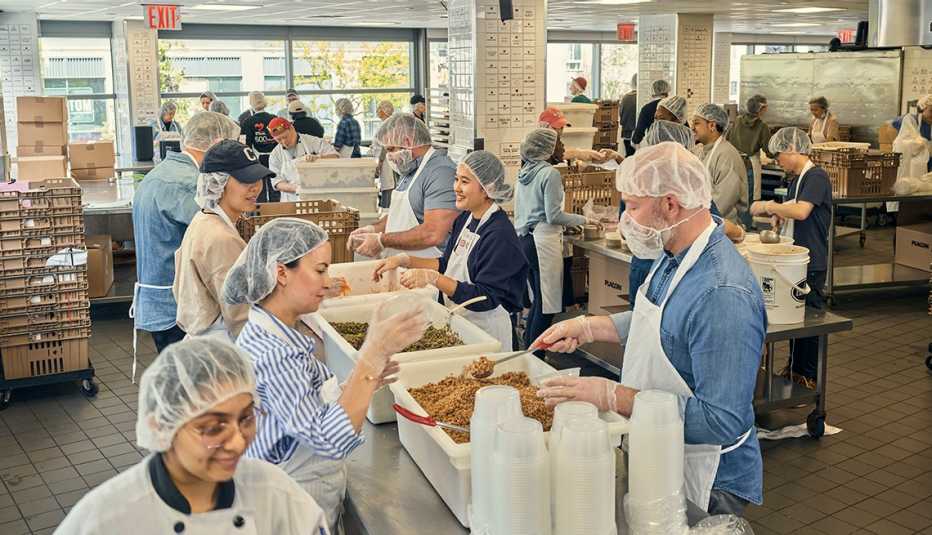
Early one morning, as on most mornings in this sprawling kitchen in New York City, a small army of people outfitted in hairnets, plastic gloves and aprons are prepping enough food to feed, well, another (much larger) army of people. Over here are trays upon trays of red rice (to go with the Baja fish); over there are additional trays of yellow rice (for the veggie burgers). At the rear of the kitchen are crates of eggplant, edamame and carrots, and enormous kettles of curried lentil and potato soup simmering slowly. An herb garden on the roof turns out a produce section’s worth of fresh chives, parsley, cilantro and basil; three kinds of sage; dill; English thyme; and something called bronze fennel. Bob Marley, piped in, sets the mood.
If you didn’t know better, you might think you were witnessing meal prep at a gourmet restaurant. You’d be about half right.


AARP Membership— $12 for your first year when you sign up for Automatic Renewal
Get instant access to members-only products and hundreds of discounts, a free second membership, and a subscription to AARP the Magazine.
Welcome to God’s Love We Deliver (GLWD), a nonprofit meal delivery service founded more than 35 years ago based on the realization that people who are very sick need nutritious meals. To shine a spotlight on Older Americans Month in May, AARP took a look at this thriving organization that helps so many.
Almost all the people on the dozen or so assembly lines are volunteers working in the service of GLWD’s mission: to provide some 10,500 seriously ill New Yorkers and their caregivers with free meals. And not just any meals.
“We do medically tailored meals (MTM) for people who are too sick to shop or cook for themselves,” says David Ludwigson, president and CEO of GLWD. “In New York City, there’s nobody else who does that. We’re it. If you’re the only one in town doing that, it’s that much more important that we succeed, that we’re always there, that we never have a waiting list, we never turn people away.” (There are 35 other organizations across the U.S. that provide MTM services; see sidebar.)

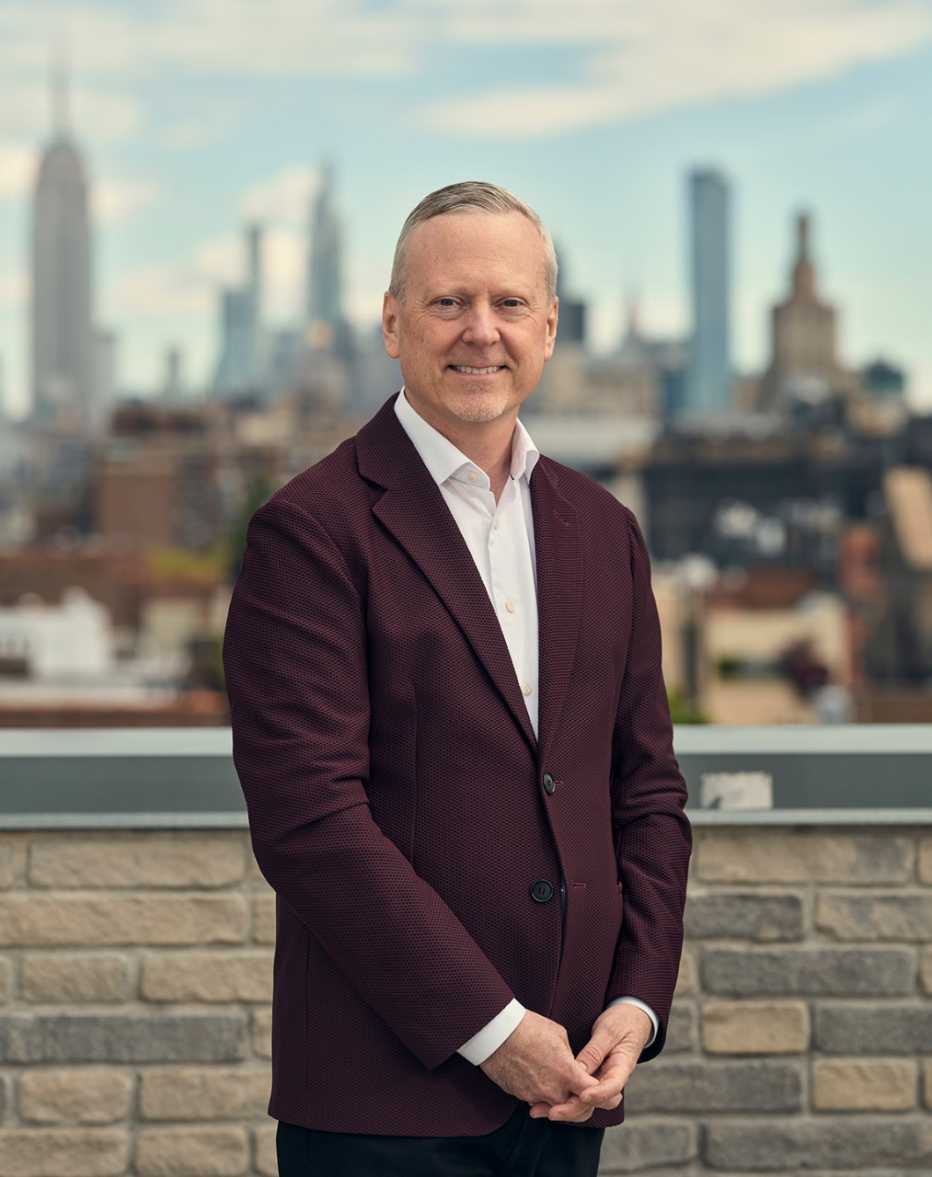
The beginning of a mission
In 1985, at the height of the AIDS epidemic, a hospice volunteer named Ganga Stone visited a patient who was too ill to cook for himself. On her next visit, she brought a homemade meal — and that’s when it hit her: Something as basic as delivering a meal could mean everything to someone with a terminal illness. She realized, however, that he needed more than just a meal. He needed food that was nutritionally tailored to support his medical treatment.
On her third visit to the same patient — this time armed with a medically tailored meal — she was stopped by a minister in the neighborhood who recognized her. When she told him where she was headed, he said, “You’re not just delivering food, you’re delivering God’s love.”





























































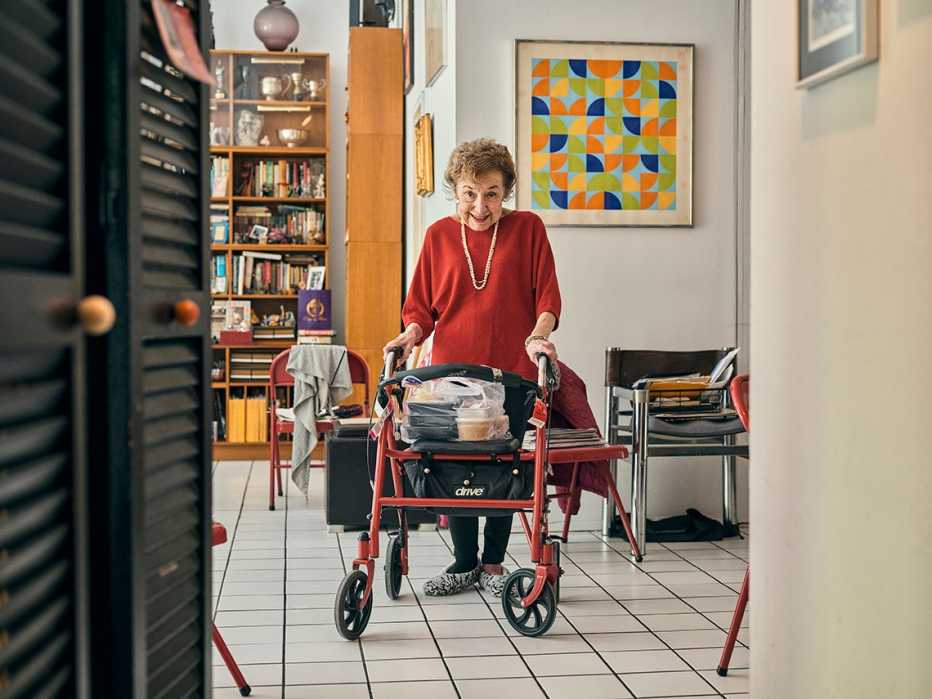

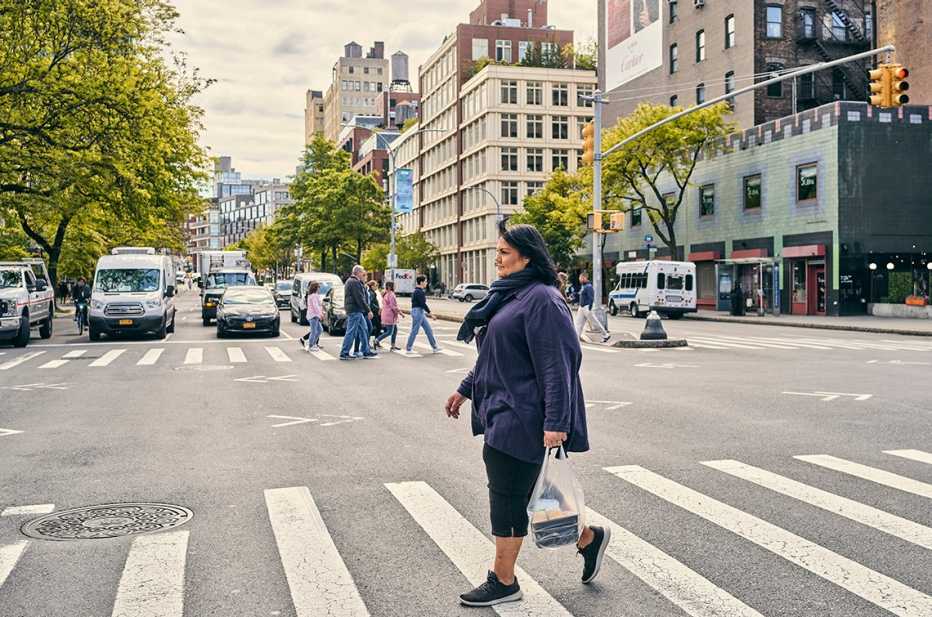


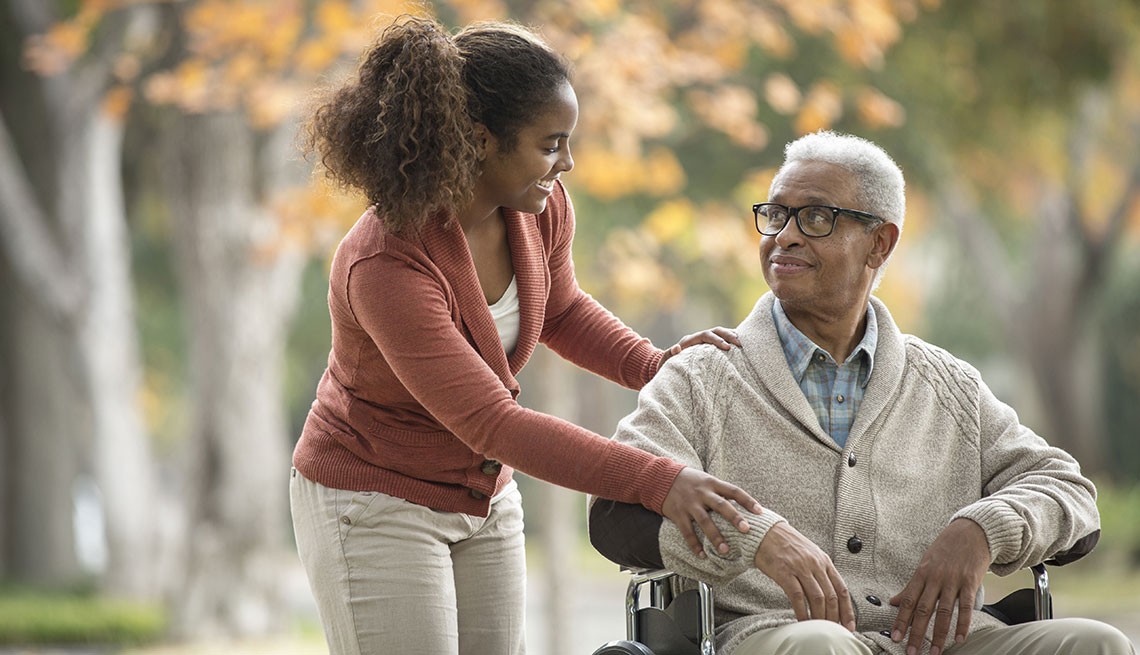
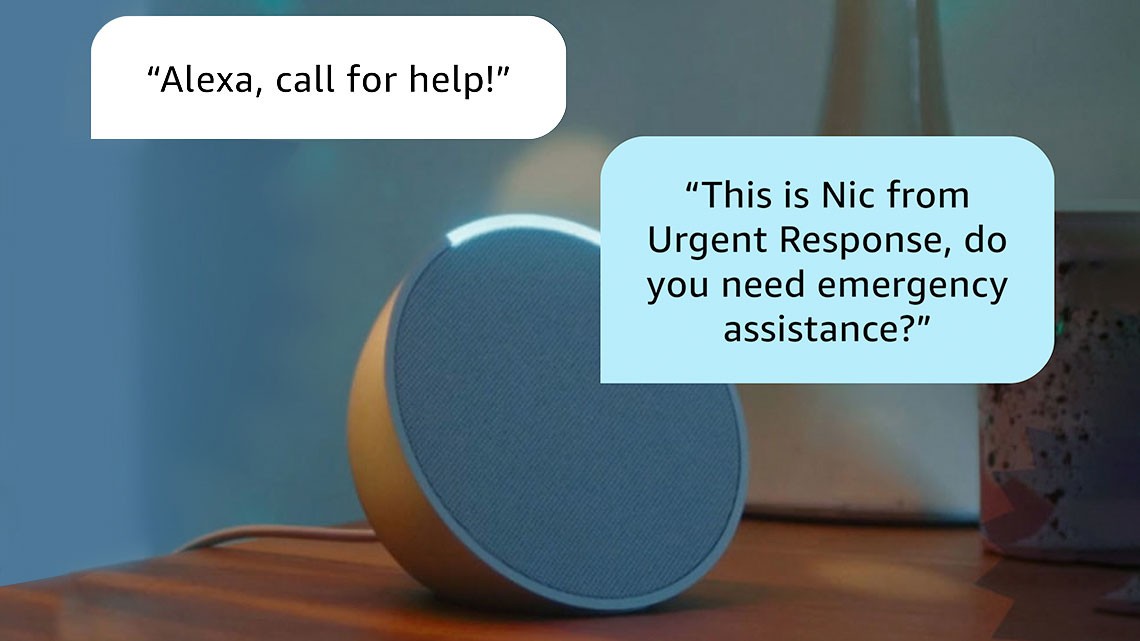
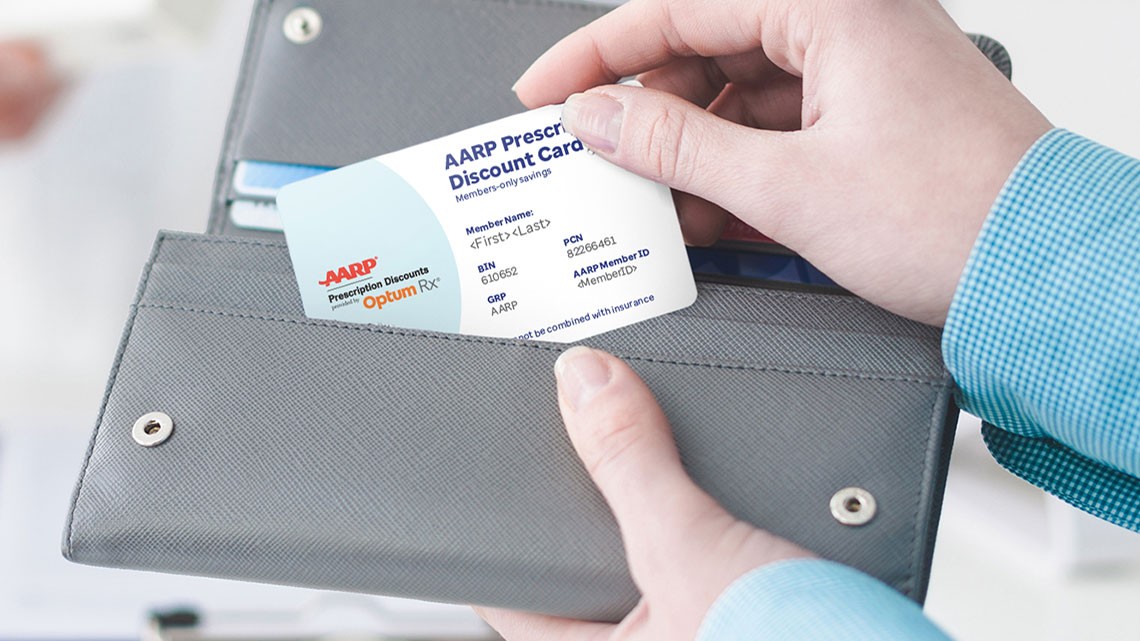

More on Caregiving
9 Nutrients You Need More of As You Get Older
Find out which vitamins, minerals and other essential elements you may lack in your diet
Healthy Eating Doesn't Have To Be Expensive
Plenty of ways to whip inflation and eat heallthy foods, too
How Family Caregivers Can Help When Personal Hygiene Is a Problem
Assisting a loved one with showering, toileting and other intimate tasks takes finesse, know-how